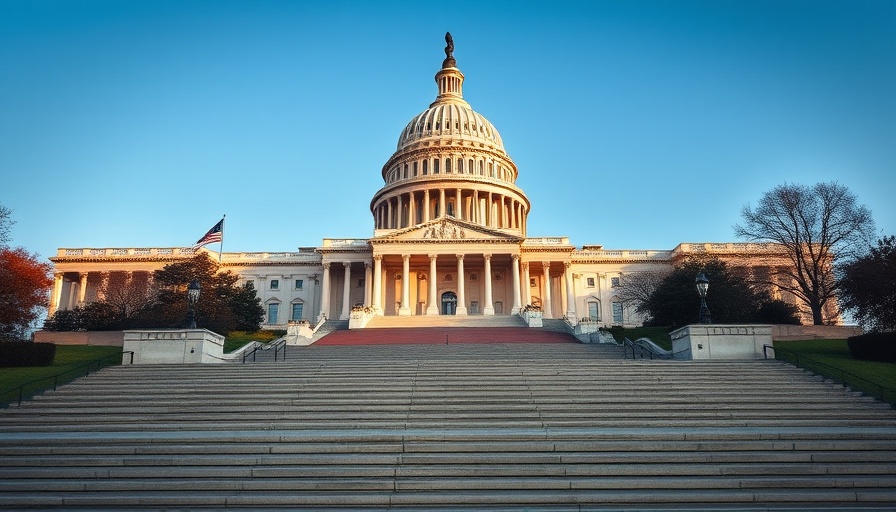
Tax Bill's Price Tag: Understanding the $3.3 Trillion Impact
The Senate's proposed tax bill, whimsically dubbed the "One Big Beautiful Bill," is forecasted to balloon the U.S. deficit by a staggering $3.3 trillion over the next ten years, according to the latest breakdown by the Congressional Budget Office (CBO). This hefty figure raises significant concerns for business professionals and taxpayers alike, considering the potential implications for the economy.
Revenue Declines and Spending Cuts: What It Means for Businesses
The CBO estimates suggest that the legislation, which includes about $4.5 trillion in tax cuts, also proposes a $1.2 trillion decrease in spending relative to current law. For many businesses, especially startups in the tech industry, this mix of tax cuts and spending modifications could reshape the economic landscape significantly. On one side, reduced taxation might provide some relief, yet, on the other, alterations to funding safety net programs, like Medicaid and food assistance, could lead to economic instability - particularly affecting consumer behavior trends.
The Reconciliation Process: A New Fiscal Strategy?
Republicans are tactically using a reconciliation process to bypass typical legislative hurdles and push through this bill with a simple majority. However, this unprecedented approach of extending Trump's 2017 income tax cuts without the conventional fiscal scrutiny raises eyebrows. Democratic lawmakers and some economists contend that this loophole undermines fiscal responsibility and threatens the financial future of the nation.
Exploring Future Trends in Business Regulation
The growing deficit casts a shadow over potential future business regulations and such sweeping financial moves could lead to new economic forecasts, impacting venture capital and funding news. As businesses navigate these waters, understanding how tax policies affect corporate governance and supply chain dynamics becomes critical.
What Should Businesses Know?
For business professionals, staying informed about tax changes and potential implications for commercial real estate investments and mergers is not just wise; it's necessary. As more details about the Senate bill unfold, companies must consider strategies that reflect the broader economic trends hinted by these legislative developments.
The Senate tax bill signifies more than just a significant financial decision; it’s a pivotal event that businesses and entrepreneurs must scrutinize closely. As policymakers seek to transform the fiscal landscape, staying ahead to adapt business strategies will be essential in the coming years.
 Add Row
Add Row  Add
Add 



Write A Comment